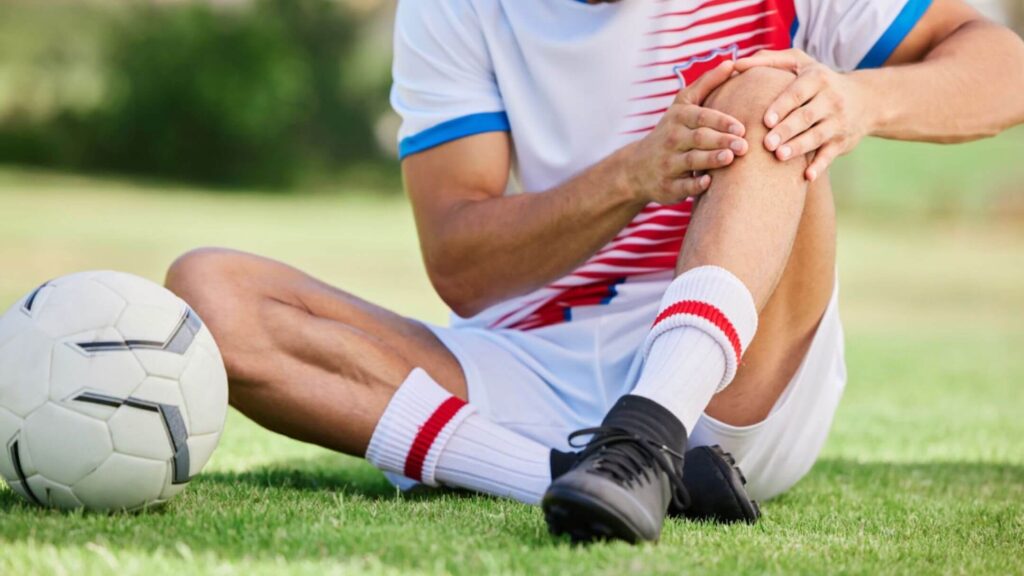Sports injuries can be a significant setback, not just physically but mentally and emotionally as well. However, with the right rehabilitation techniques, athletes can recover and even enhance their performance post-injury.
Here, we will explore essential methods for sports injury rehabilitation, including physical therapy, rest, nutrition, mental health strategies, and the role of a chiropractor from Salt Lake City in the recovery process.
Physical Therapy: A Cornerstone of Rehabilitation
Physical therapy is a pivotal component of sports injury rehabilitation. It focuses on restoring strength, flexibility, and function. Physical therapists design personalized exercise programs tailored to an individual’s specific injury and recovery goals. These programs often include stretching, strength training, and cardiovascular exercises to ensure a well-rounded recovery process.
In addition, physical therapy helps in reducing pain and inflammation through manual therapy techniques and modalities like ultrasound and electrical stimulation. The goal is not only to heal but to prevent future injuries by improving an athlete’s overall biomechanics and endurance.
The Importance of Rest
Rest is often underestimated in its role in recovery. It allows the body to heal naturally, reducing the risk of aggravating an existing injury. During the initial phase of injury, rest helps in controlling swelling and pain. As recovery progresses, strategic rest intervals between rehabilitation exercises can prevent overtraining and ensure steady improvement.
Adequate sleep is also a crucial part of rest. It supports muscle recovery, hormone regulation, and overall physical and mental health. Ensuring at least 7-9 hours of quality sleep each night can significantly boost recovery outcomes.
Nutrition: Fueling Recovery
Nutrition plays a vital role in the rehabilitation process. A balanced diet rich in proteins, vitamins, and minerals provides the necessary nutrients for tissue repair and energy. Omega-3 fatty acids and antioxidants can reduce inflammation, while protein is essential for muscle repair and growth.
Hydration is equally important, as it aids in nutrient transport and toxin removal from the body. Athletes should focus on maintaining a balanced diet that supports healing and strengthens the immune system, thereby enhancing recovery and performance.
Mental Health Strategies
The psychological impact of sports injuries can be profound. Anxiety, stress, and depression are common among injured athletes. Incorporating mental health strategies into the rehabilitation process is crucial for a holistic recovery.
Mindfulness practices, such as meditation and breathing exercises, can help manage stress and maintain a positive mindset. Goal setting and visualization techniques can keep athletes motivated and focused on their recovery journey. Engaging in support groups or working with a sports psychologist can also provide emotional support and guidance.
The Role of a Chiropractor
Incorporating chiropractic care can be beneficial in sports injury rehabilitation. A chiropractor from Salt Lake City, for example, can offer specialized care that focuses on aligning the spine and improving musculoskeletal function. Chiropractic adjustments can enhance joint mobility, alleviate pain, and support the body’s natural healing processes.
Chiropractors often work in conjunction with other healthcare professionals to provide a comprehensive treatment plan. Their expertise in biomechanics can also help in identifying and correcting underlying issues that may contribute to recurring injuries.
A Holistic Approach to Recovery
A holistic approach to sports injury rehabilitation considers the body’s physical, nutritional, and mental needs. By integrating various methods, athletes can achieve a well-rounded recovery that not only heals the injury but also enhances overall performance and resilience.
In conclusion, sports injury rehabilitation is a multifaceted process that requires a combination of physical therapy, rest, nutrition, mental health strategies, and potentially chiropractic care. By adopting a comprehensive approach, athletes can effectively recover from injuries and get back in the game stronger than before. Remember, patience and consistency are key; rushing the process can lead to setbacks. With the right strategies, a full and successful recovery is within reach.
